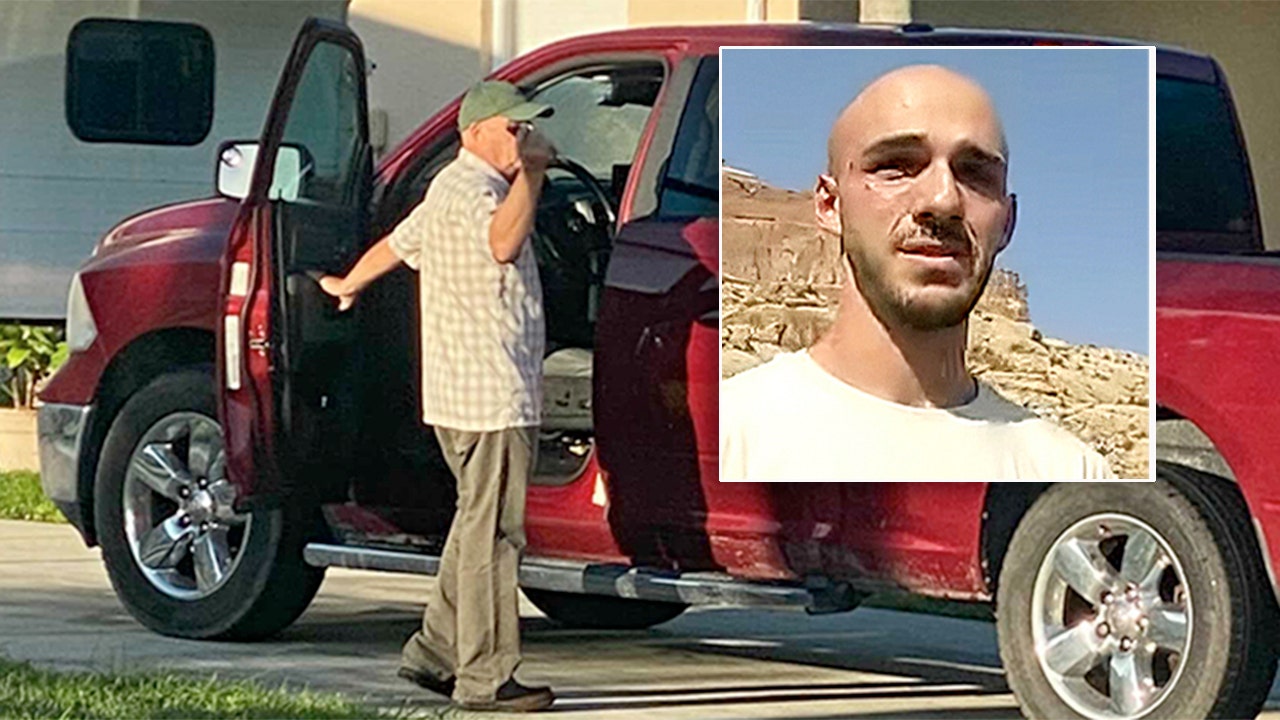It was four years ago today that Gov. Gavin Newsom ordered all Californians to stay home to prevent the spread of the novel coronavirus. For many people, the drastic move was the moment when the pandemic became truly, horribly real.
Covid has since killed more than 1.18 million people nationwide, and the virus continues to circulate. At the peak of the recent surge in January, 2,400 people were dying of the disease each week. For many Americans, the pandemic has permanently reshaped life, as my colleague Julie Bosman wrote recently.
Not all of those changes have been for the worse. Readers have been writing to me recently about pandemic silver linings — ways that, despite all the tragedy, Covid brought something unexpectedly positive into their lives. Those stories of reconnecting with far-flung friends, picking up new hobbies or slowing down for the better were touching. Thanks to all who sent them in.
Feel free to email me your own pandemic silver lining story at CAtoday@nytimes.com. Please include your full name and the city where you live.
Here are some, lightly edited:
“My adult son, who lives in Los Angeles, gathered his remote-work tools and joined our family pod in Escondido. His sister, who had already been planning a temporary move-in during her home’s remodel, packed up her husband, two small children and two dogs and moved into our house. This is where we all rode out the early months of the pandemic. Three months. We never would have had that in the before times.” — Gretchen Pelletier, Escondido
“I am an autistic adult living in a society not meant for me. It was nice that the world slowed down to a pace that I was comfortable with. I also loved teaching remotely with my adult E.S.L. [English as a second language] students. Even though I am required to teach in person again, the techniques I used to guide students made me a better blended-hybrid teacher now.” — Robert B. Gomez, Salinas
“My wife, Gloria, and I began walking throughout our neighborhood for the health benefits. We would meet neighbors in their front yards while they were sitting or just getting out of the house for a little fresh air. Up until then, an annual neighborhood potluck held in the fall might have been the only time we would get together. But before long, we got to know each other well enough to share about birthday celebrations and job promotions, among other ordinary and extraordinary things. By the time the Covid restrictions were eliminated, our sense of community had grown exponentially. We often hear that it takes a village to raise a child. Apparently it took a pandemic to lift a community.” — Louie Vega, Bakersfield
“Zoom is a godsend. Now that driving at night is a challenge, I can still attend meetings and meditation groups by Zoom. Had it not been for the pandemic, I never would have discovered this easy way to stay connected and involved.” — Patti Breitman, Fairfax
“My partner of more than 40 years and I had led independent lives while outside of our home. When the lockdown occurred, we were unaccustomed to spending that much time together. She was living with an aggressive lung cancer. The intense time together between March and July 2020, when she died, was a huge gift that we would never have given ourselves had it not been forced upon us. I am grateful for it to this day.” — Debra Resnik, San Francisco
Tell us
We’ve been compiling our California soundtrack for years and have captured most of the hits. What songs do you think still need to be added?
Tell us at CAtoday@nytimes.com. Please include your name, the city where you live and a few sentences on why you think your song deserves to be included.
And before you go, some good news
Four sea lion pups were released into the ocean off Los Angeles this month after months of rehabilitation, The Sacramento Bee reports.
The baby sea lions were released onto Charlie Beach in Marina del Rey on March 5, drawing a crowd of more than 100 onlookers who cheered as the animals waddled from the shore back to their home in the ocean.
Three of the sea lions were born last summer during a period when toxic algae blooms were spreading rapidly off the coast of Southern California, killing hundreds of sea lions, as well as other marine creatures.
The pups were found on the beaches in Malibu, Playa del Rey and Catalina Island, malnourished and separated from their mothers. They were rescued by the Marine Mammal Care Center, a nonprofit marine animal hospital, whose staff nursed the animals back to health. A video of the release posted on Facebook shows the four sea lions waddling across the beach to the water.






